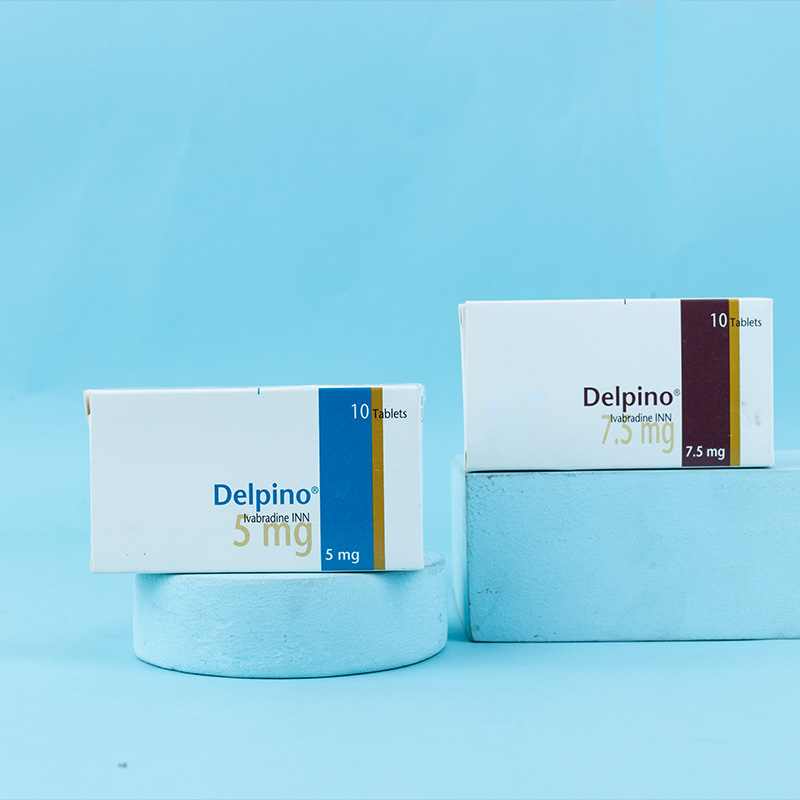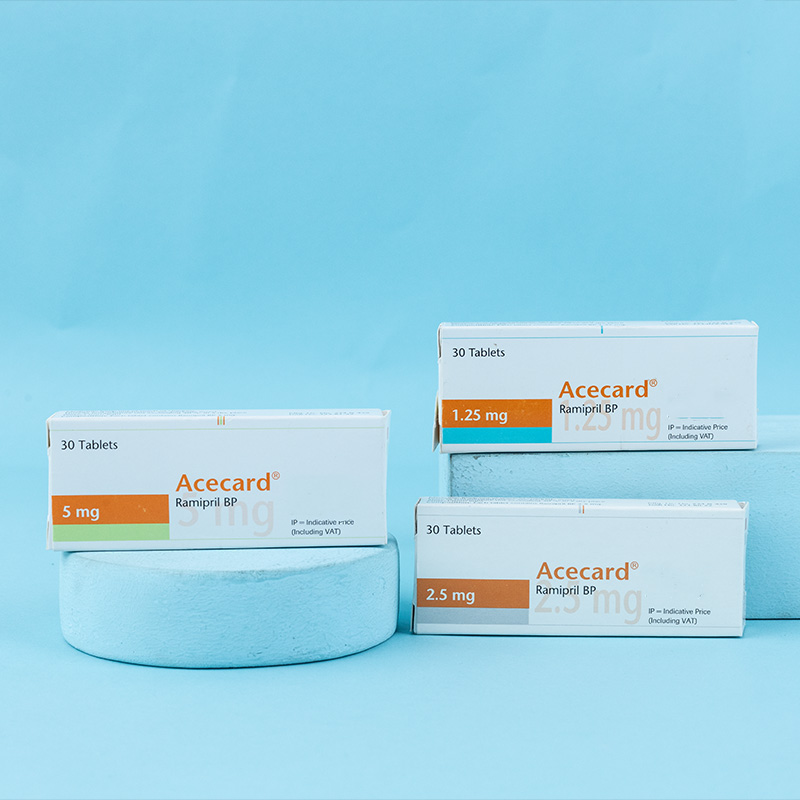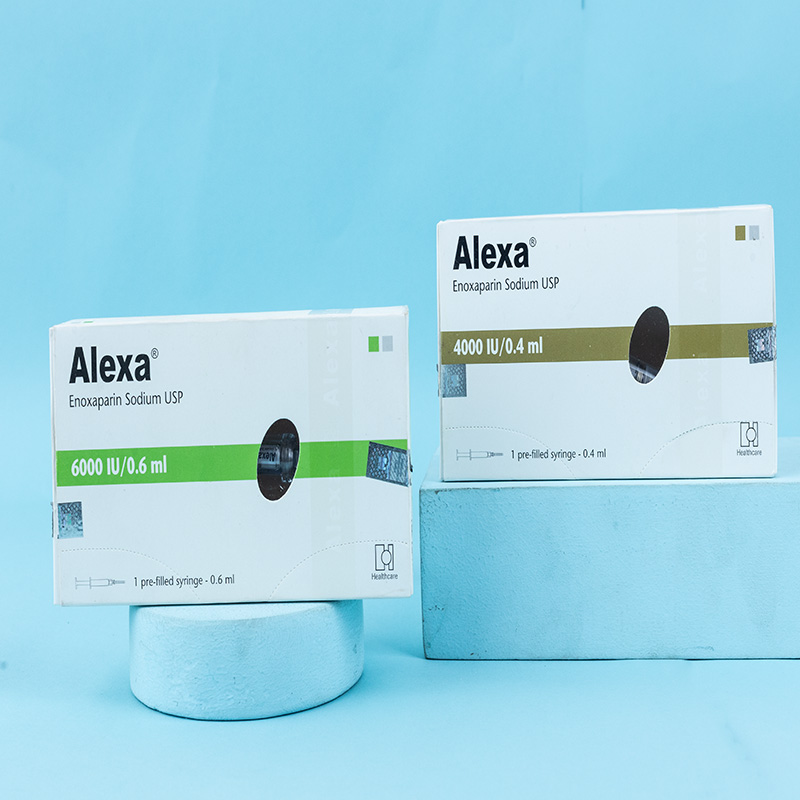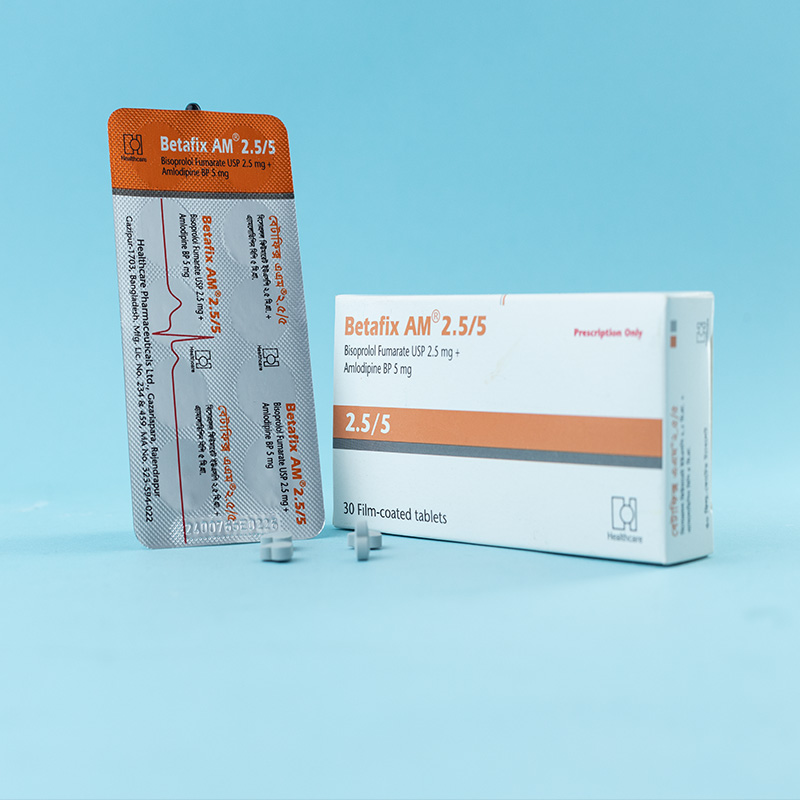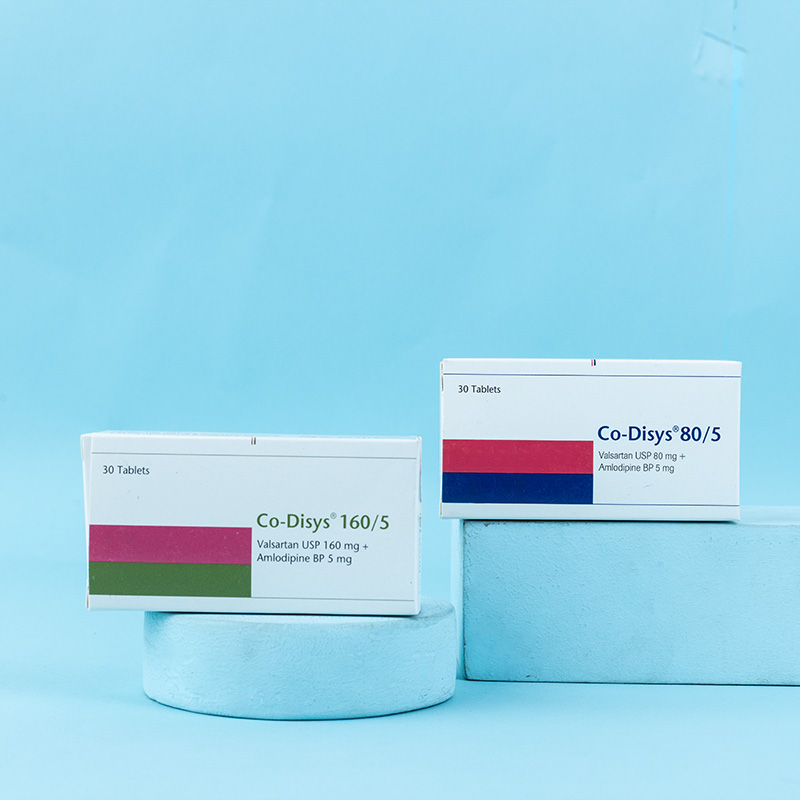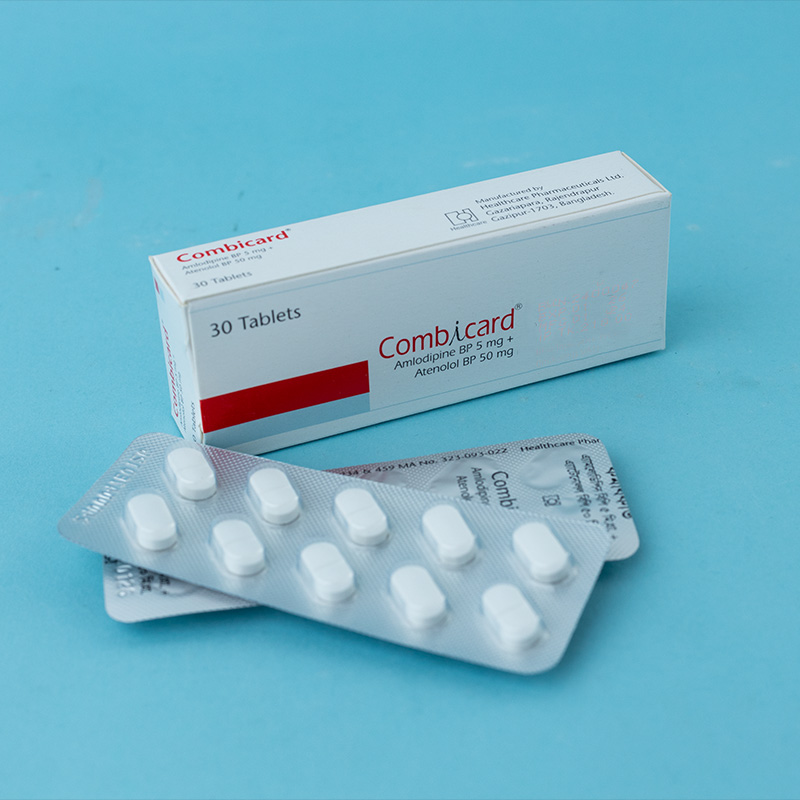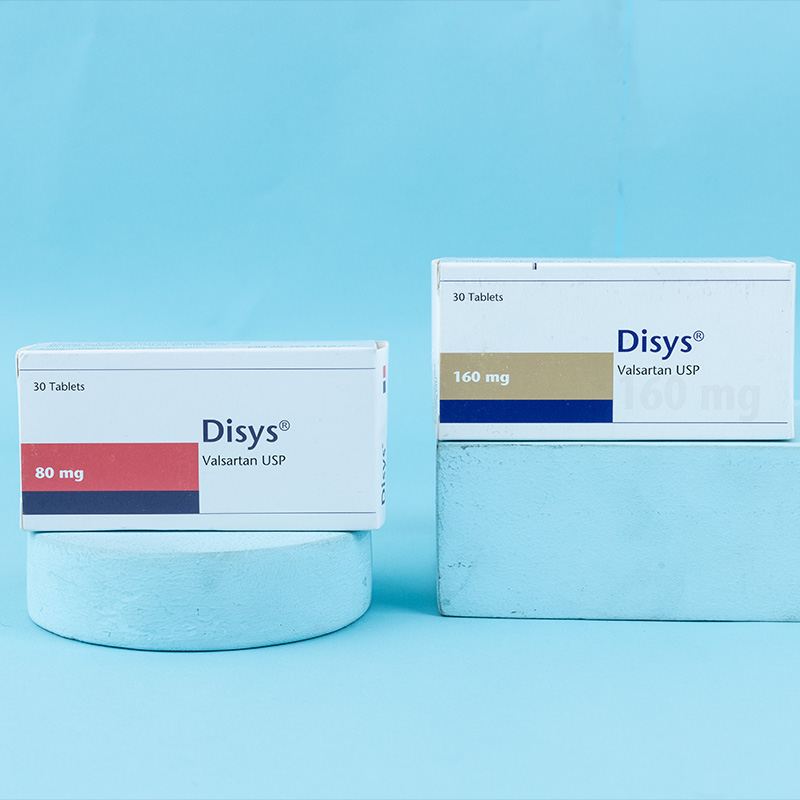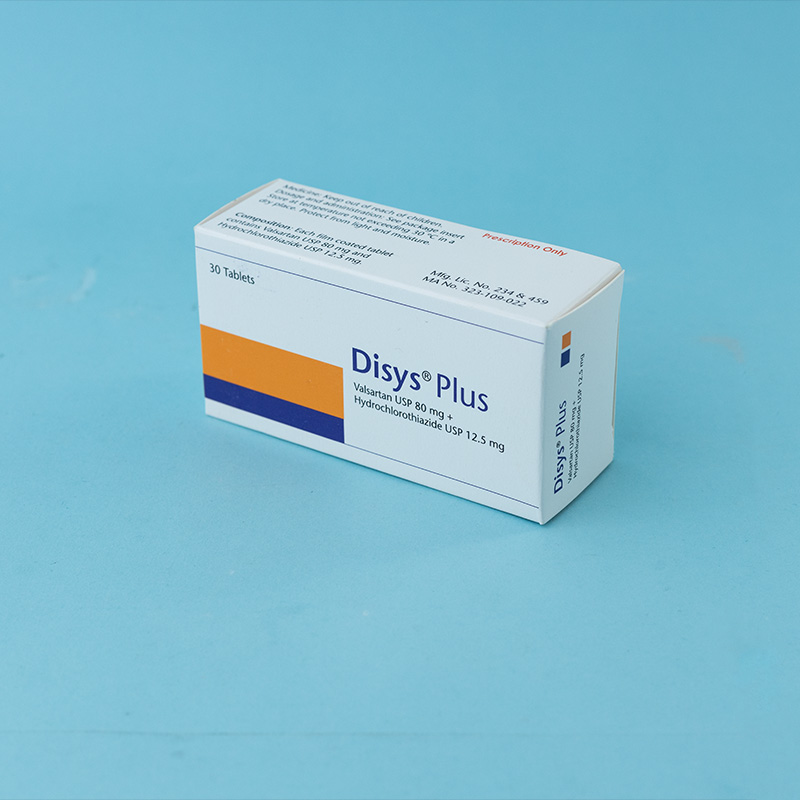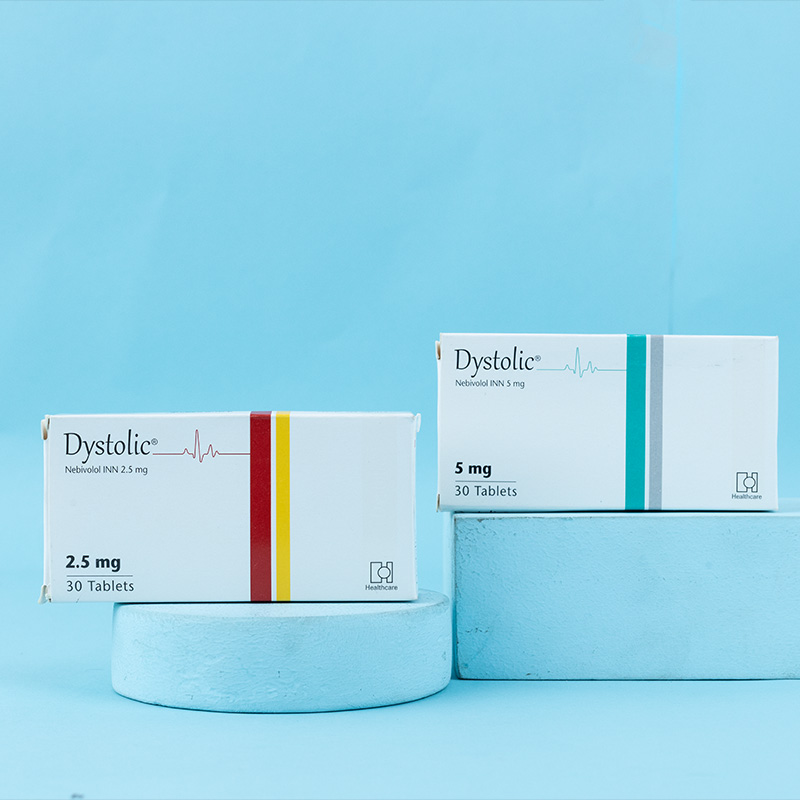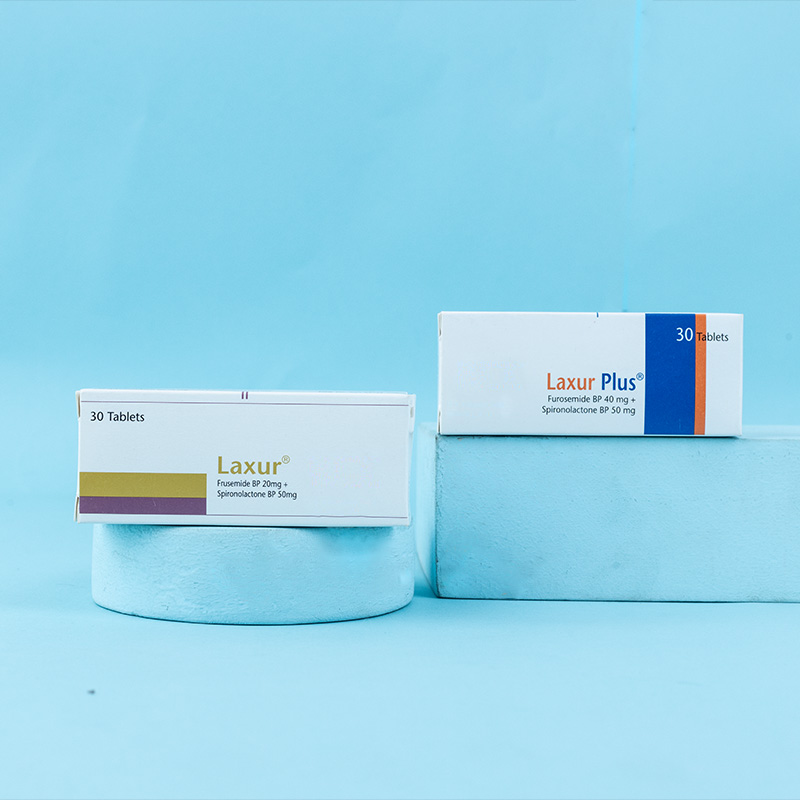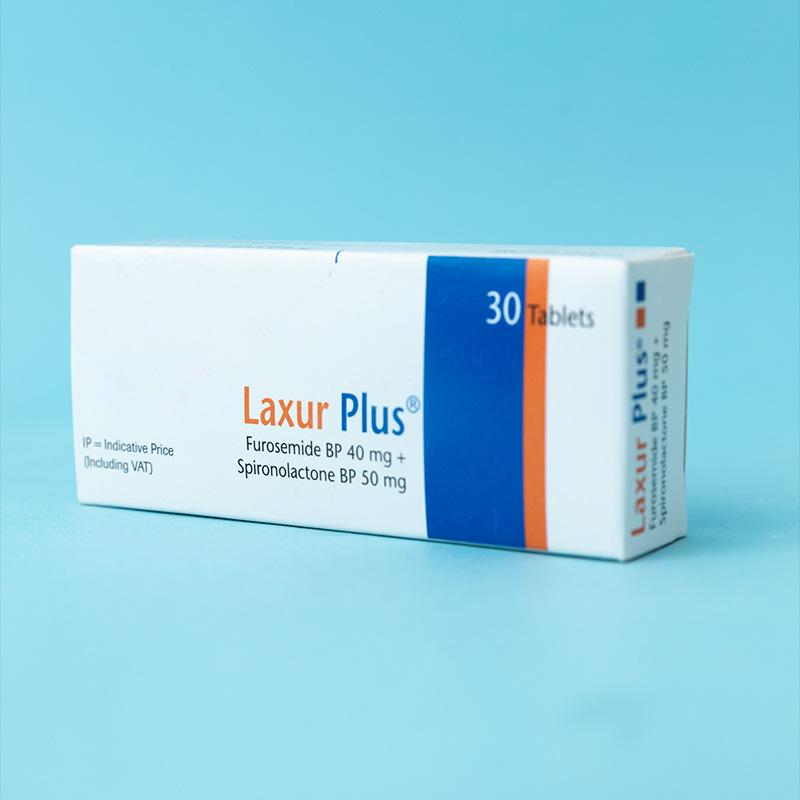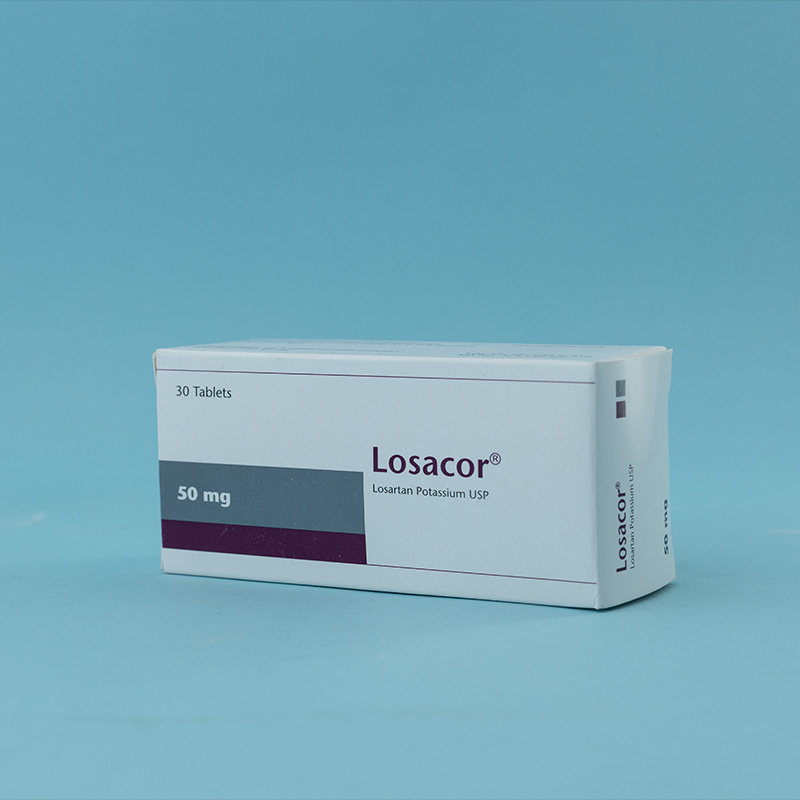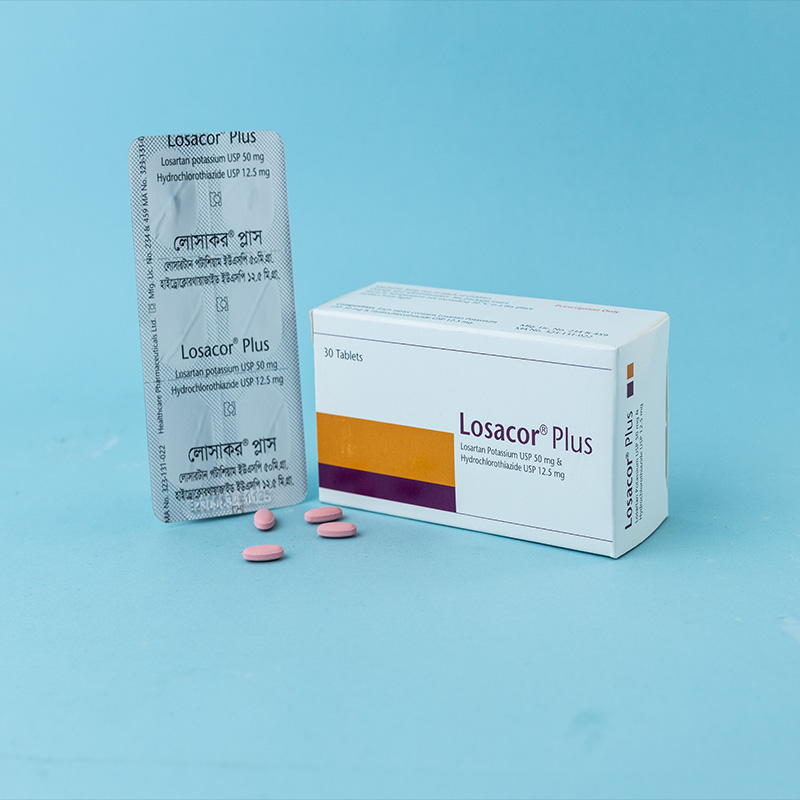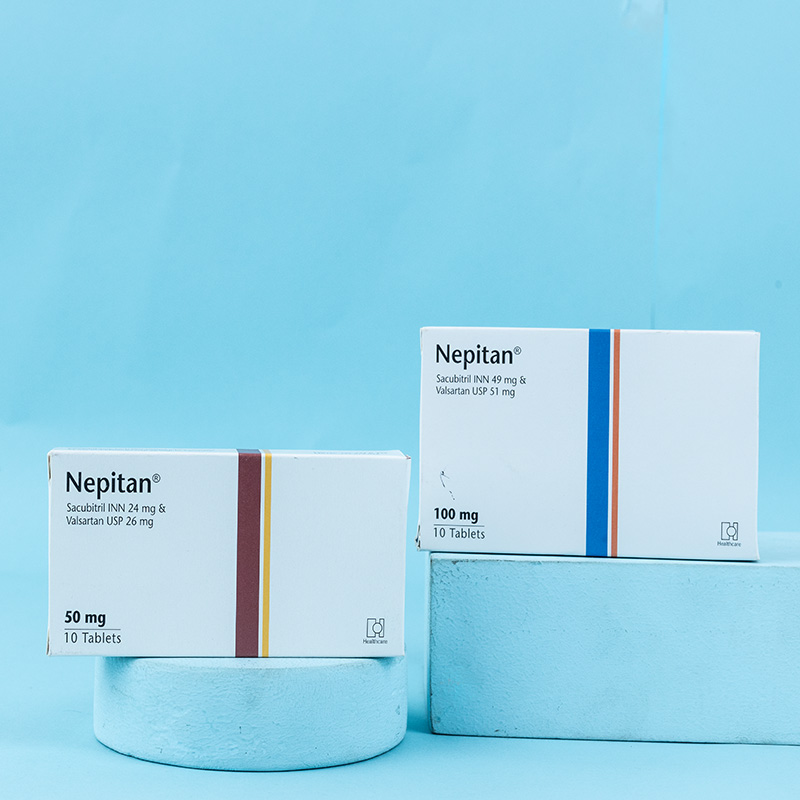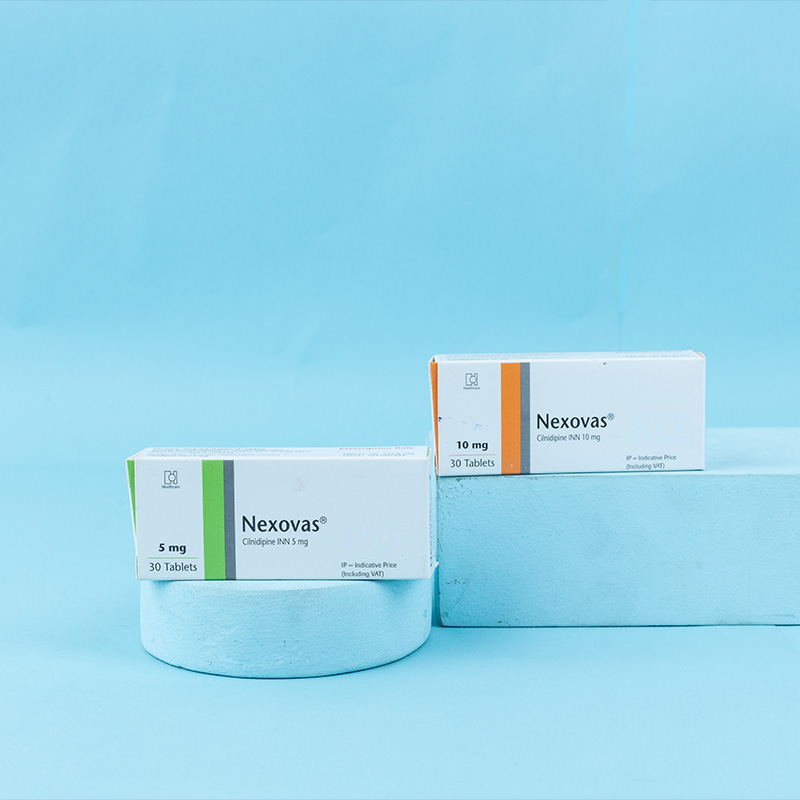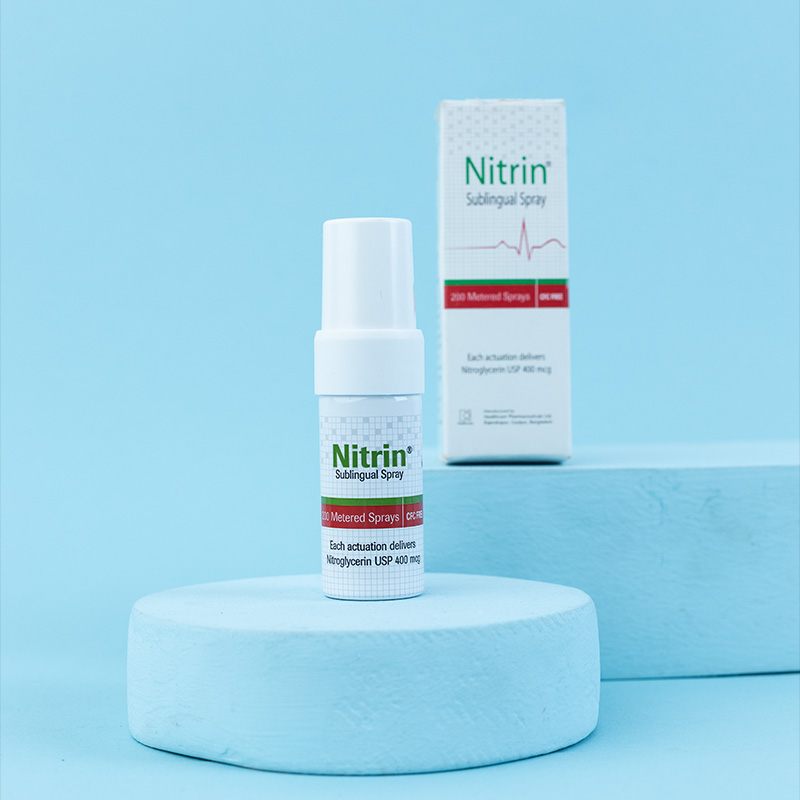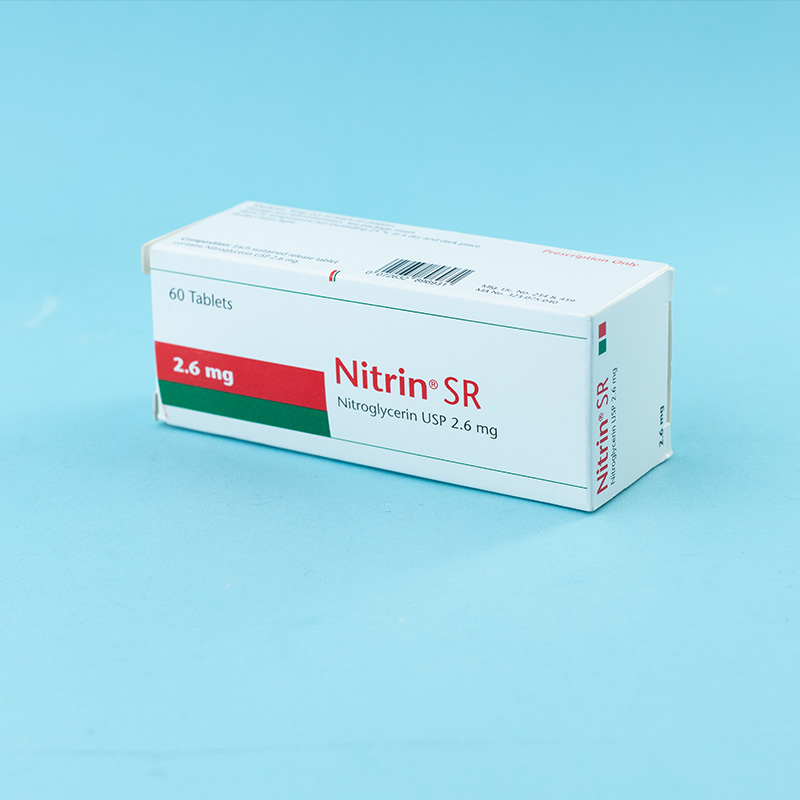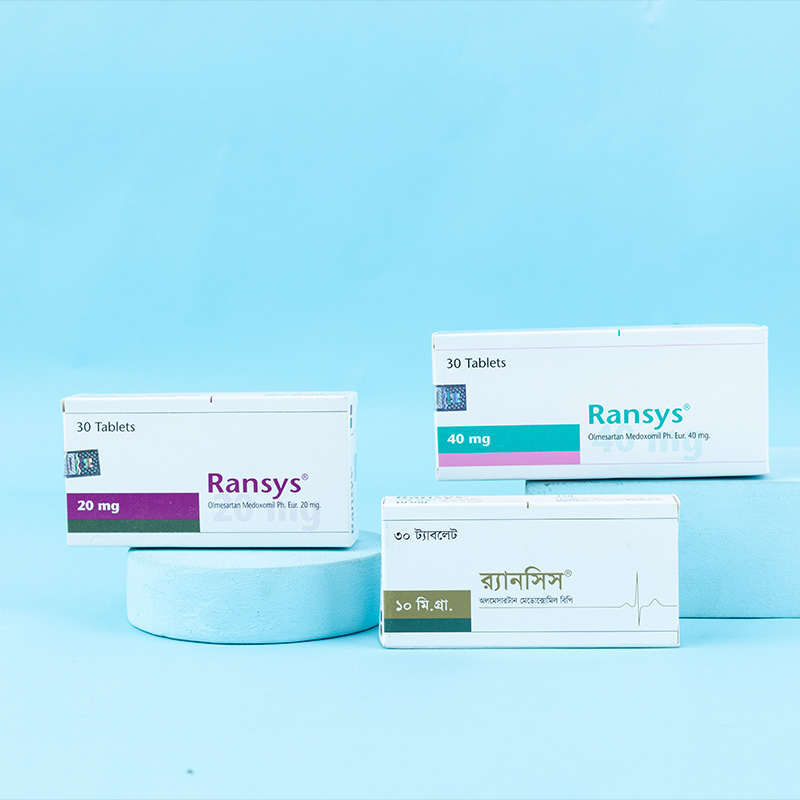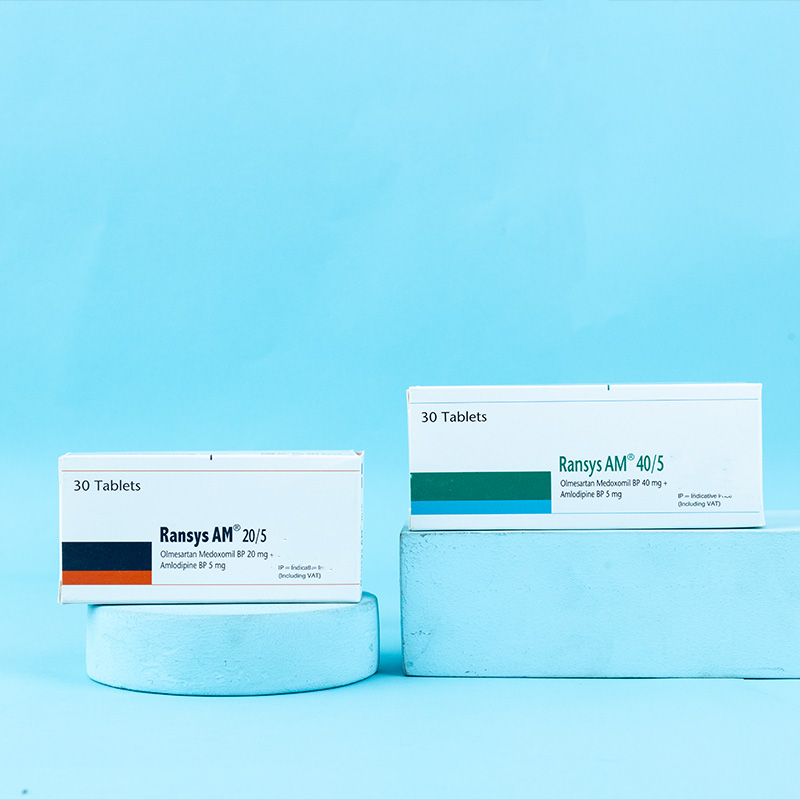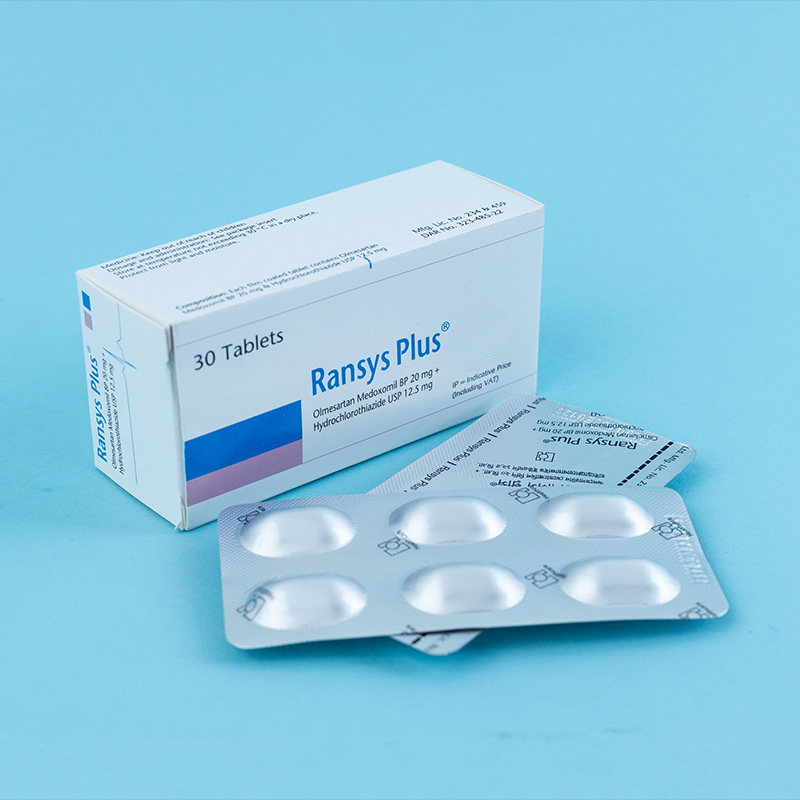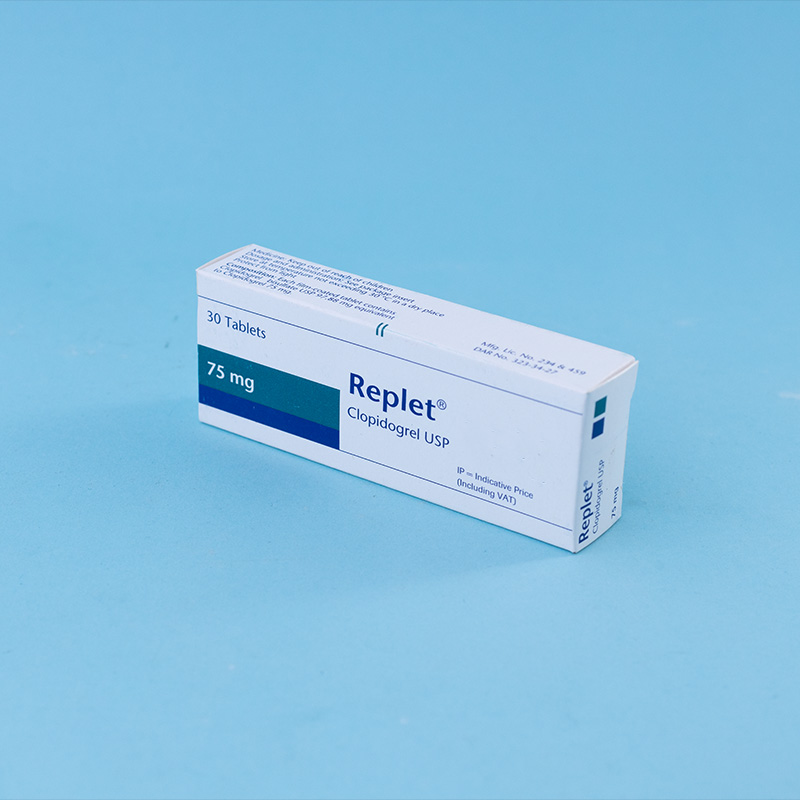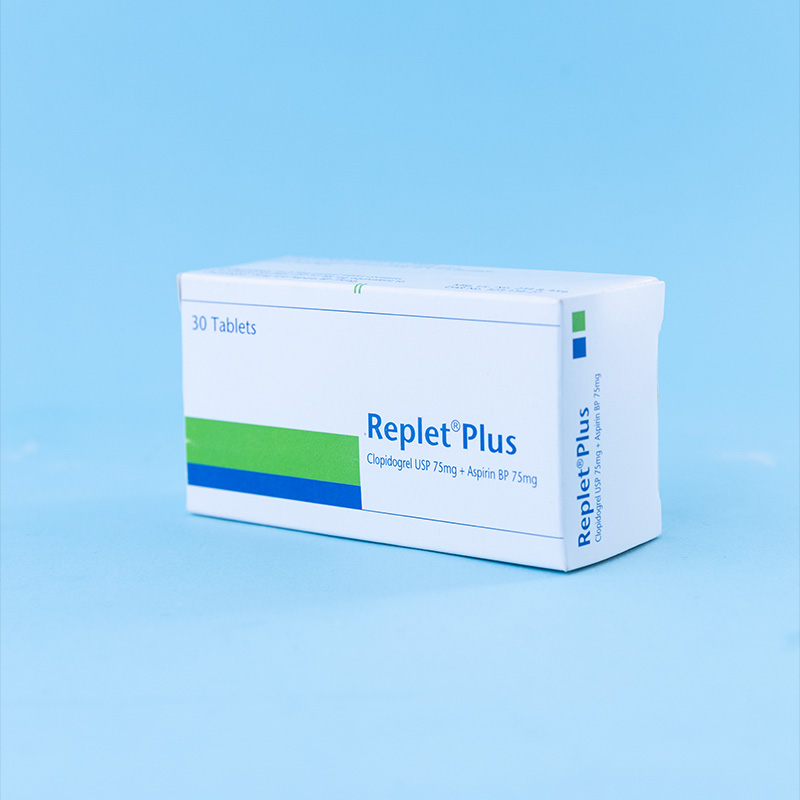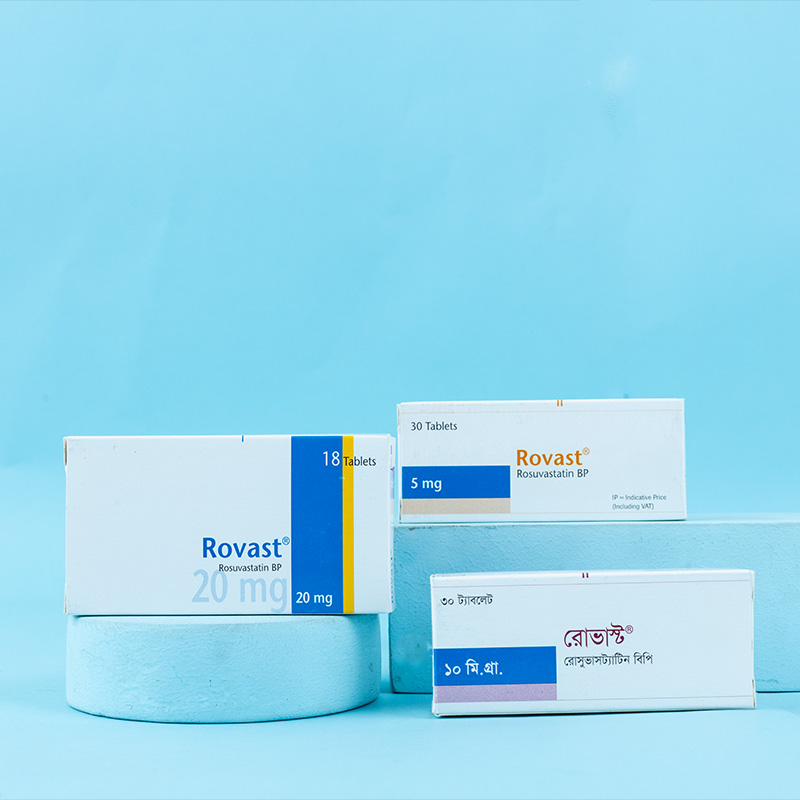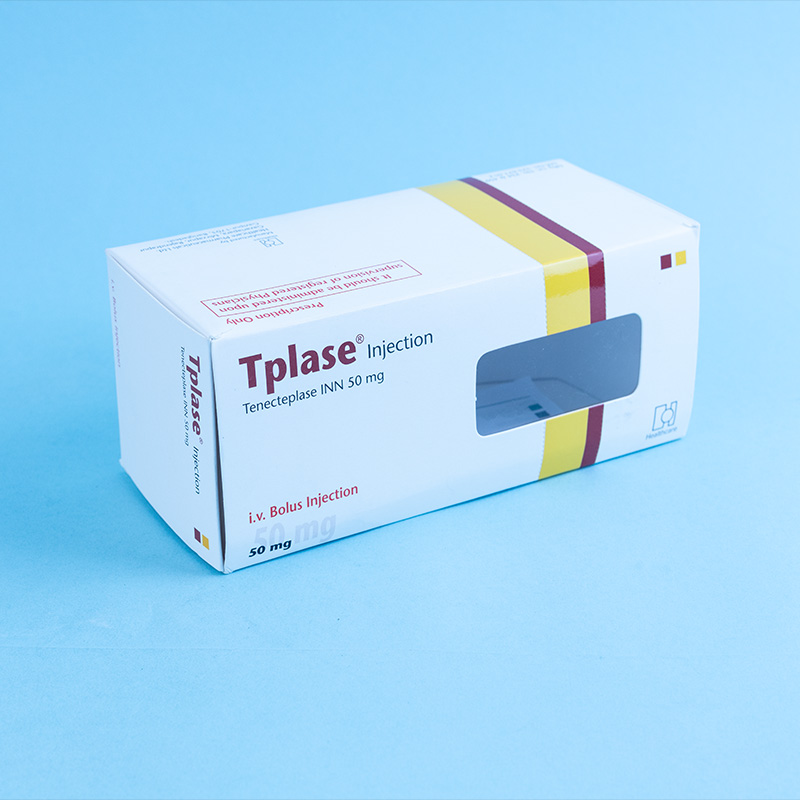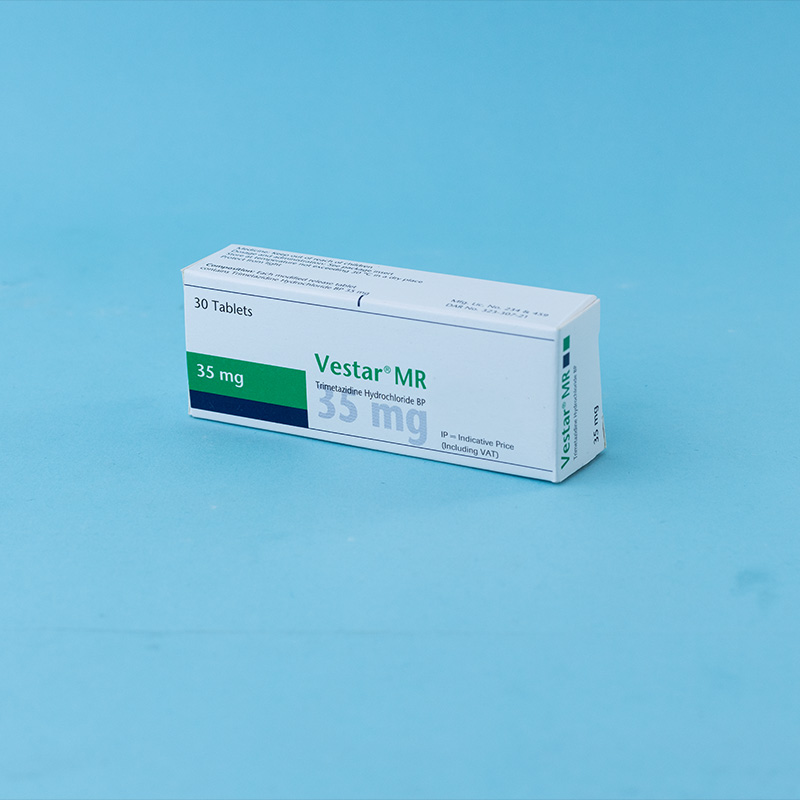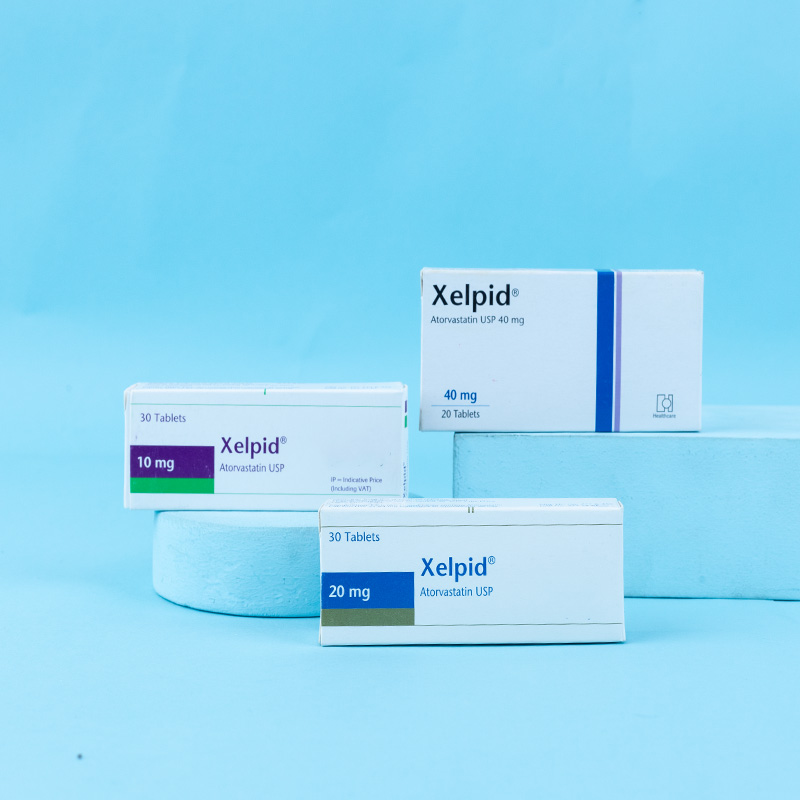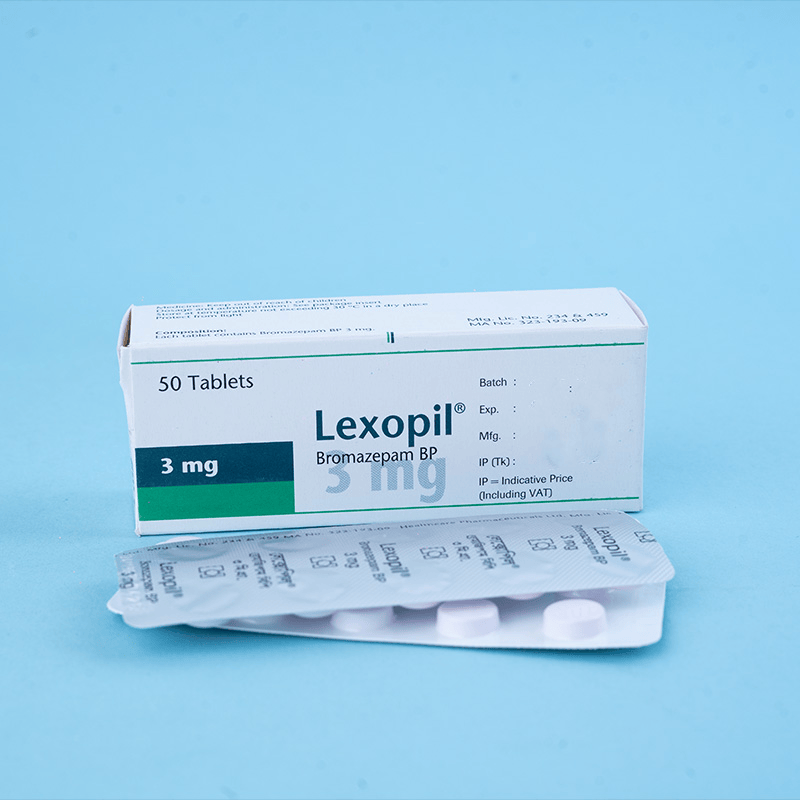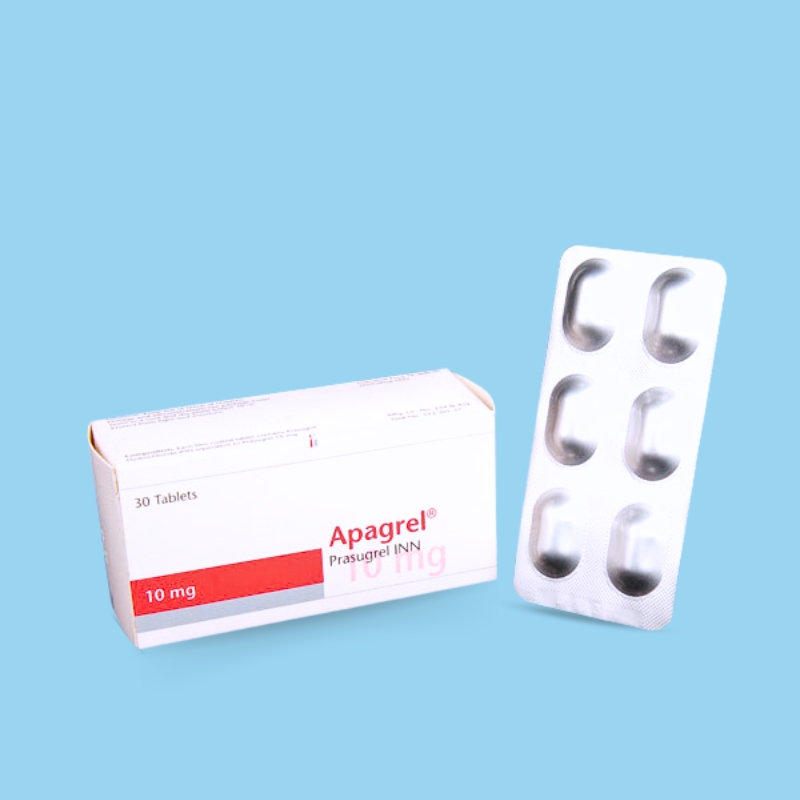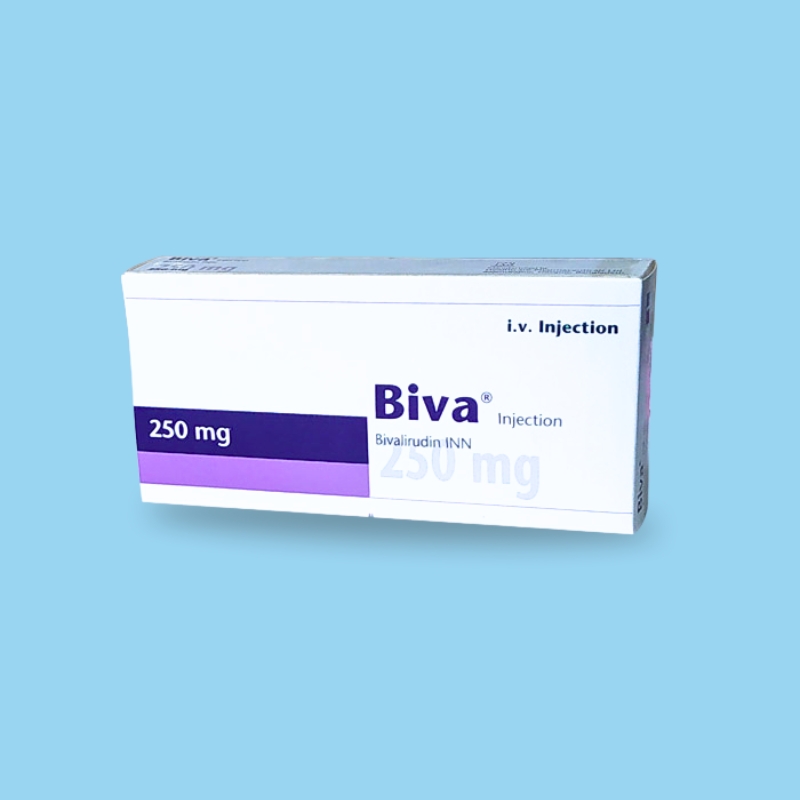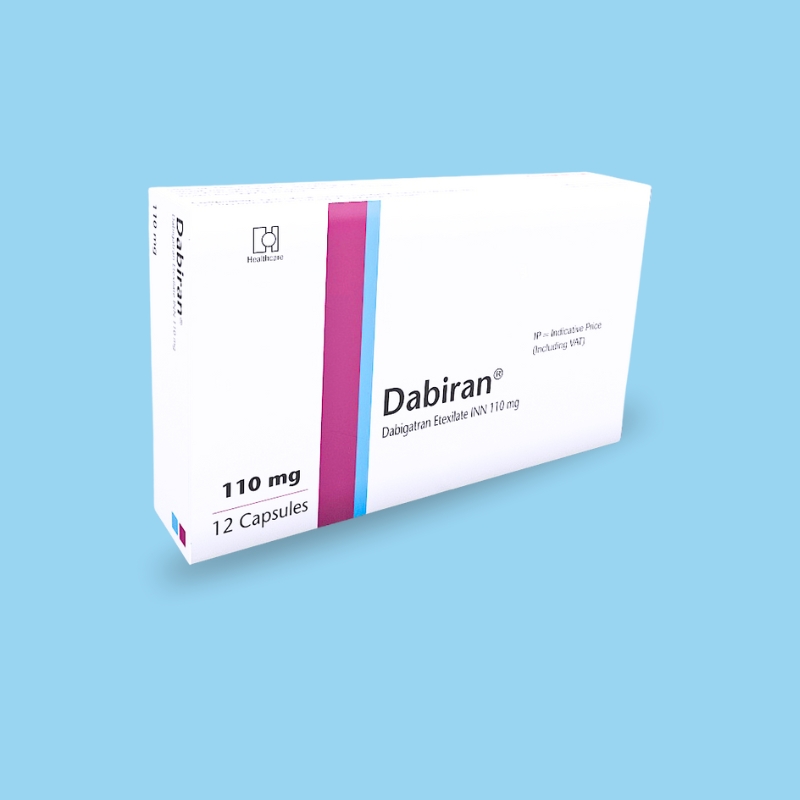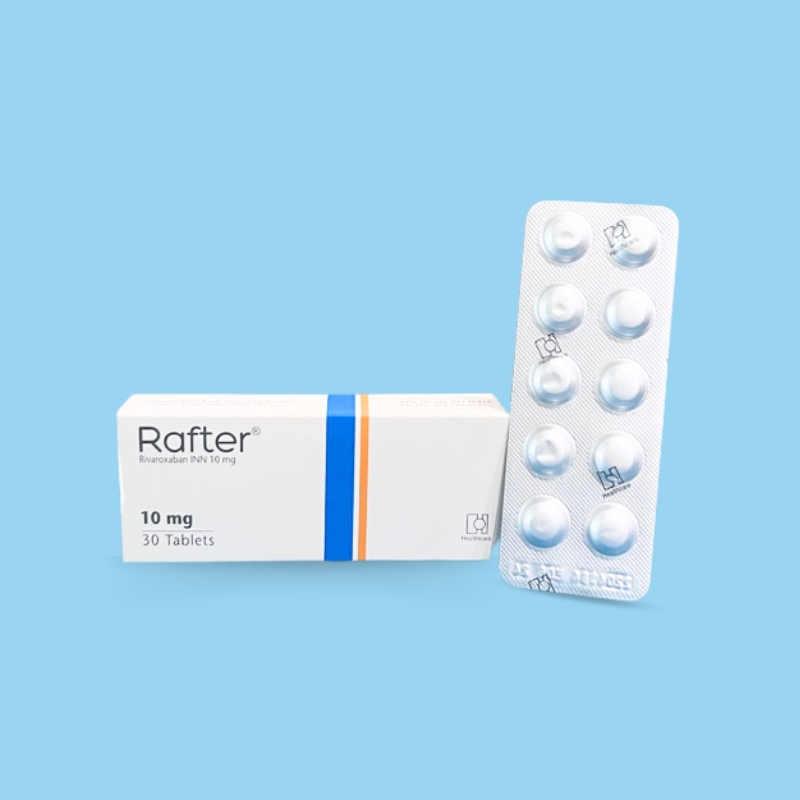Ivabradine is a pure heart rate-lowering agent. It acts by selectively and specifically inhibiting the cardiac pacemaker If current, which controls spontaneous diastolic depolarization in the sinus node and regulates heart rate. By decreasing heart rate, Ivabradine reduces cardiac workload and oxygen consumption. Concomitantly, Ivabradine prolongs diastole, allowing increased perfusion of the coronary arteries and improved oxygen supply to the heart. The cardiac effects are specific to the sinus node, with no impact on intra-atrial, atrioventricular, or intraventricular conduction times, myocardial contractility, or ventricular repolarization.

Ivabradine is indicated to reduce the risk of hospitalization due to worsening heart failure and for the symptomatic treatment of chronic stable angina pectoris in coronary artery disease patients with normal sinus rhythm. Delpino® is indicated for patients who are unable to tolerate beta-blockers or have contraindications to their use. It may also be used in combination with beta-blockers in patients inadequately controlled on an optimal beta-blocker dose, with a heart rate exceeding 70 bpm.

The usual recommended starting dose of Ivabradine is 5 mg twice daily, which may be increased to 7.5 mg twice daily after 3-4 weeks, depending on the therapeutic response. The usual dosage is one tablet in the morning and one in the evening, taken with meals.
If the resting heart rate persistently drops below 50 bpm or if symptoms related to bradycardia occur, the dose must be adjusted downwards to 2.5 mg twice daily (half of a 5 mg tablet twice daily). Treatment must be discontinued if the heart rate remains below 50 bpm or if bradycardia symptoms persist.
Elderly patients: Consider a lower starting dose (2.5 mg twice daily, i.e., half of a 5 mg tablet twice daily).
Renal insufficiency: Use with caution in patients with creatinine clearance <15 ml/min.
Hepatic impairment: Use with caution in patients with moderate hepatic impairment; contraindicated in severe hepatic impairment. Children and adolescents: Not recommended.

Ivabradine should not be used in patients with:
Hypersensitivity to Ivabradine or any of the excipients.
Resting heart rate below 70 bpm before treatment.
Cardiogenic shock.
Acute myocardial infarction.
Severe hypotension (<90/50 mmHg).
Severe hepatic insufficiency.
Sick sinus syndrome or sino-atrial block.
Pacemaker dependence.
Unstable angina.
Third-degree AV block.
Concomitant use with strong cytochrome P-450 3A4 inhibitors (e.g., azole antifungals, macrolide antibiotics, HIV protease inhibitors).

Mild to moderate hypotension.
Atrial fibrillation.
Patients with congenital QT syndrome or those receiving QT-prolonging medications.
Moderate hepatic insufficiency.
Severe renal insufficiency.

Use of Ivabradine with QT-prolonging drugs is not recommended. This includes:
Cardiovascular QT-prolonging drugs: quinidine, disopyramide, bepridil, sotalol, ibutilide, amiodarone.
Non-cardiovascular QT-prolonging drugs: pimozide, ziprasidone, sertindole, mefloquine, halofantrine, pentamidine, cisapride, intravenous erythromycin.
The concomitant use of both cardiovascular and non-cardiovascular QT-prolonging drugs with Ivabradine should be avoided, as QT prolongation may be exacerbated by heart rate reduction. If combination therapy is necessary, close cardiac monitoring is required.

Common side effects include visual disturbances, blurred vision, bradycardia, first-degree AV block, ventricular extrasystoles, headaches, and dizziness.

Fertility: Studies in rats have shown no effect on fertility in males or females.
Pregnancy: There is limited data on Ivabradine use during pregnancy. Therefore, it is contraindicated in pregnant women.
Breastfeeding: Animal studies indicate that Ivabradine is excreted in milk. For this reason, it is contraindicated during breastfeeding.

Store at a temperature not exceeding 30°C, in a dry place, protected from light and moisture.
Medicine: Keep out of reach of children.


